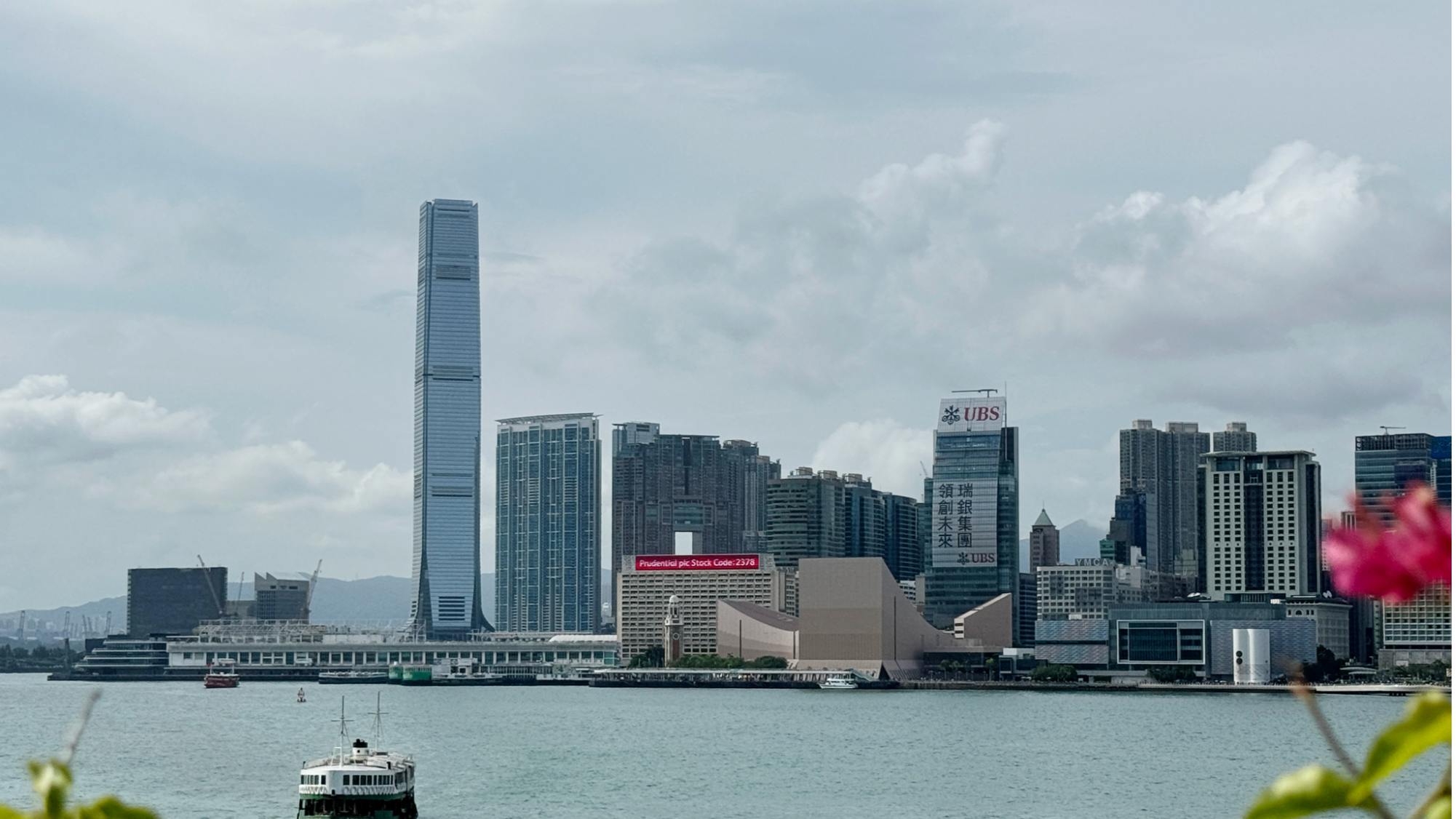
Hong Kong needs to attract more international students to help local businesses tap into Southeast Asia and other emerging markets taking part in the Belt and Road Initiative, business heavyweights said on Wednesday at a lecture on expanding Hong Kong’s talent pool.
Anthony Lam Sai-ho, executive deputy chairman of the Federation of Hong Kong Industries, which represents approximately 2,500 companies in the region, said that the demand for talent from multicultural backgrounds arises from Hong Kong’s resolve to develop a “headquarters economy”.
“Being a headquarter means that the IPO, financing, and everything else is based in Hong Kong,” he said on the sidelines of the Belt and Road Office Talk — Building Human Capital through Hong Kong.
READ MORE: Hong Kong becomes an international hub for university students
“However, production facilities and investments can be located all around the world, particularly in BRI economies,” Lam added.
He cited an internal survey revealing that 40 percent of the federation’s members operate in the 10 member states of the Association of Southeast Asian Nations, with another 25 percent planning to expand there.
Therefore, Hong Kong needs more students from these countries to learn about the city’s culture and how to communicate and collaborate with Hong Kong corporations. Even if they return to their home countries after graduation, local businesses can still leverage their experience and connections, Lam said.
About 2,500 students received the Hong Kong Special Administrative Region government’s Belt and Road Scholarship and other scholarship programs during the 2023/24 academic year, the government said.
In response, the authorities allocated an additional HK$1 billion ($128.5 million) to increase the number of Belt and Road Scholarships from 100 to 150 for the current academic year.
Commissioner for Belt and Road Nicholas Ho Lik-chi — who oversees Hong Kong’s exchanges with BRI economies on behalf of the SAR government — said the number of students from BRI economies studying in Hong Kong, including those subsidized by scholarships, is significant.
“This year, there are 4,700,” he said.
READ MORE: Upcoming Policy Address tipped to make ‘studying in HK’ a brand
Ho said that, in addition to increasing scholarship availability, more matchmaking efforts are necessary to assist employers in finding the talent they seek.
He added that the key to retaining talented young people from overseas in Hong Kong lies in effectively coordinating education, harnessing their talent, aligning with new development needs, and ensuring that the students receive a quality education.
“We must create policies and schemes that help them integrate into the local community,” Ho said.
Contact the writer at lilei@chinadailyhk.com


